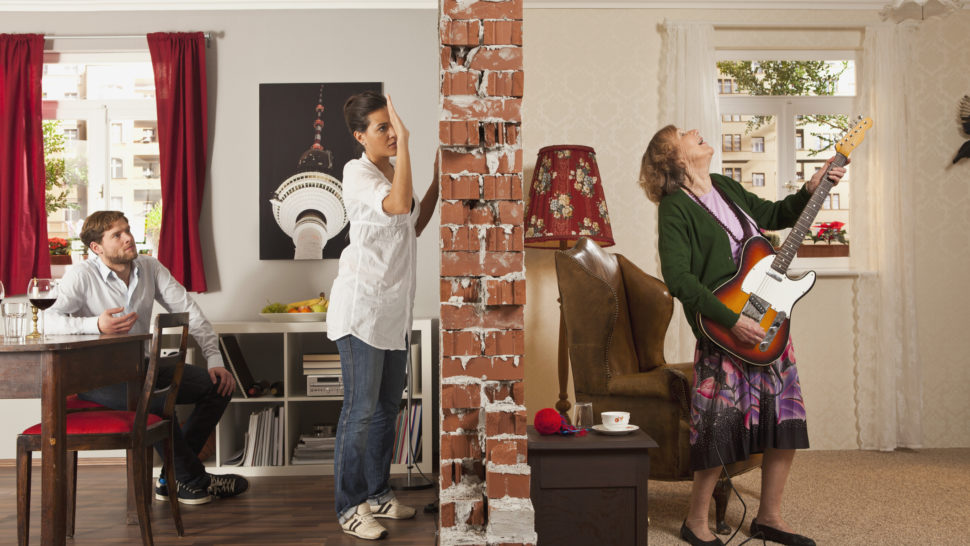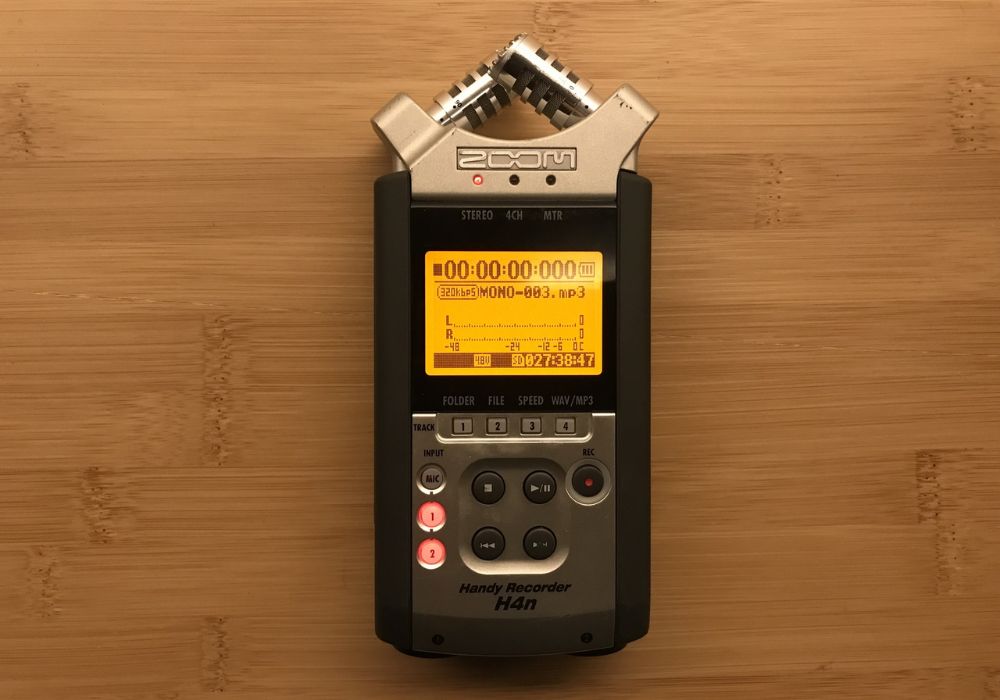Are you facing a clogged drain in your rented property? Wondering if your landlord can hold you responsible for the plumbing issue?
In this article, we'll explore whether landlords have the right to charge tenants for a clogged drain and what your rights are as a renter.
Who is Responsible for the Clog?

The first thing to determine is who bears responsibility for the clogged drain - the landlord or the tenant. As a general rule, landlords are responsible for maintaining and repairing the building's drainage systems. This includes clearing any blockages in main drains or issues caused by normal wear and tear on the plumbing.
Tenants would be responsible if their actions directly caused the drain to become clogged, such as by improper disposal of items. Negligence or misuse that results in a clog could make the tenant liable for repair costs.
Can Landlords Charge for Main Drain Clogs?
If the clog is located in the main drainage system serving the entire building or property, then the landlord is responsible for fixing it. As the property owner, they have an obligation to keep the primary plumbing infrastructure in working order.
Landlords cannot legally charge tenants for clearing or repairing main drain clogs, as that is considered normal maintenance of the rental property.
What About Secondary Drain Clogs?
Secondary drains are those serving individual units like sinks, tubs, and toilets within an apartment. If the clog is localized to a secondary drain, landlords may be able to charge tenants for clearing it. However, there are some limitations.
Landlords must prove the tenant's actions directly caused the clog, such as improper disposal. They also cannot profit off the work - charges should only cover actual repair costs.
How Do You Determine a Fair Charge?
If a tenant is responsible for a secondary drain clog, landlords still need to charge a fair price. They should get multiple estimates from licensed plumbers first. Communicating potential costs upfront allows tenants to choose the most affordable option.
Landlords cannot arbitrarily charge high fees, and invoices must clearly show what work was done and how costs were calculated. Disputes over excessive charges may be settled in small claims court.
Can Inconvenience Fees Be Charged?
While landlords are entitled to compensation for certain expenses, some push the limits of what they can demand from tenants. One questionable practice is charging "inconvenience fees" whenever maintenance like drain cleaning disrupts tenants' usage of utilities or property access.
Unless specifically allowed by the lease, these additional fees are usually not legally defensible since landlords already have an obligation to make repairs.
Is Deducting from Deposits Allowed?
Security deposits can only be withheld to cover costs explicitly outlined in the lease or caused by tenant negligence. Some landlords wrongly deduct standard plumbing repair costs like drain unclogging from deposits without determining if tenants were responsible. While deposits ensure resources are available for necessary repairs, landlords must still prove charges for specific issues are warranted before keeping that money.
How Do You Dispute Improper Charges?
If a landlord charges excessive or unjustified fees for a drain cleaning, tenants have options. First, a polite discussion explaining why the charges seem unreasonable could resolve the issue. If the landlord still refuses to remove or reduce them, tenants can threaten small claims court action.
Document all evidence of improper charges in case legal proceedings become necessary. Having relevant rental and plumbing laws cited may encourage landlords to drop unfair claims rather than face a judgment against them.
Conclusion
In summary, whether landlords can charge tenants for drain clogs depends on responsibility for the issue and the location of the blockage. Landlords are generally responsible for main drains but may charge for secondary drain repairs if tenants clearly caused the problem. Any fees must be reasonable and proven, and security deposits cannot be misused to cover standard maintenance costs.
When in doubt, tenants should understand their rights and not hesitate to dispute apparent overcharging. With open communication and understanding of appropriate costs, most issues over drain repairs can hopefully be resolved smoothly.





